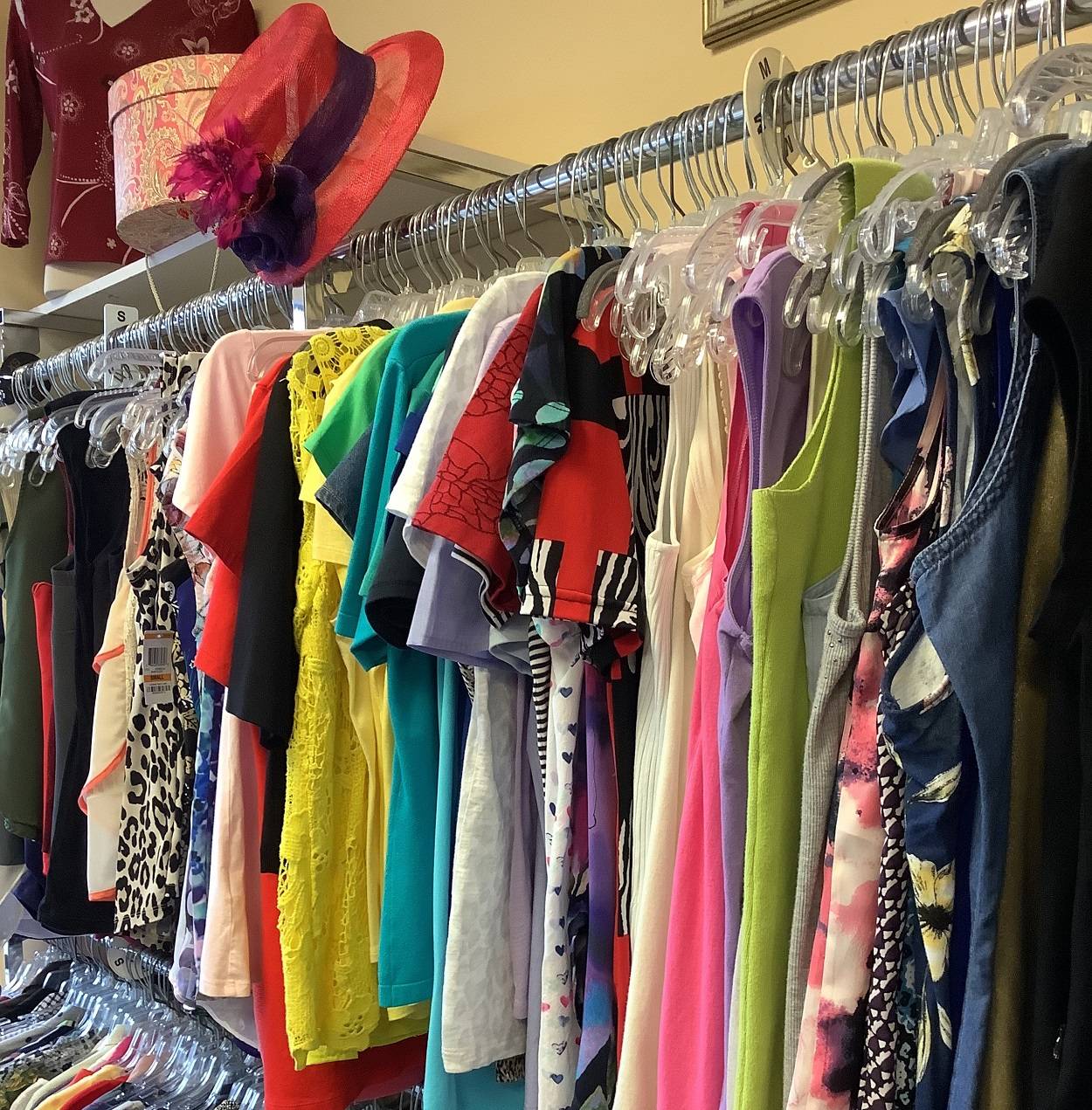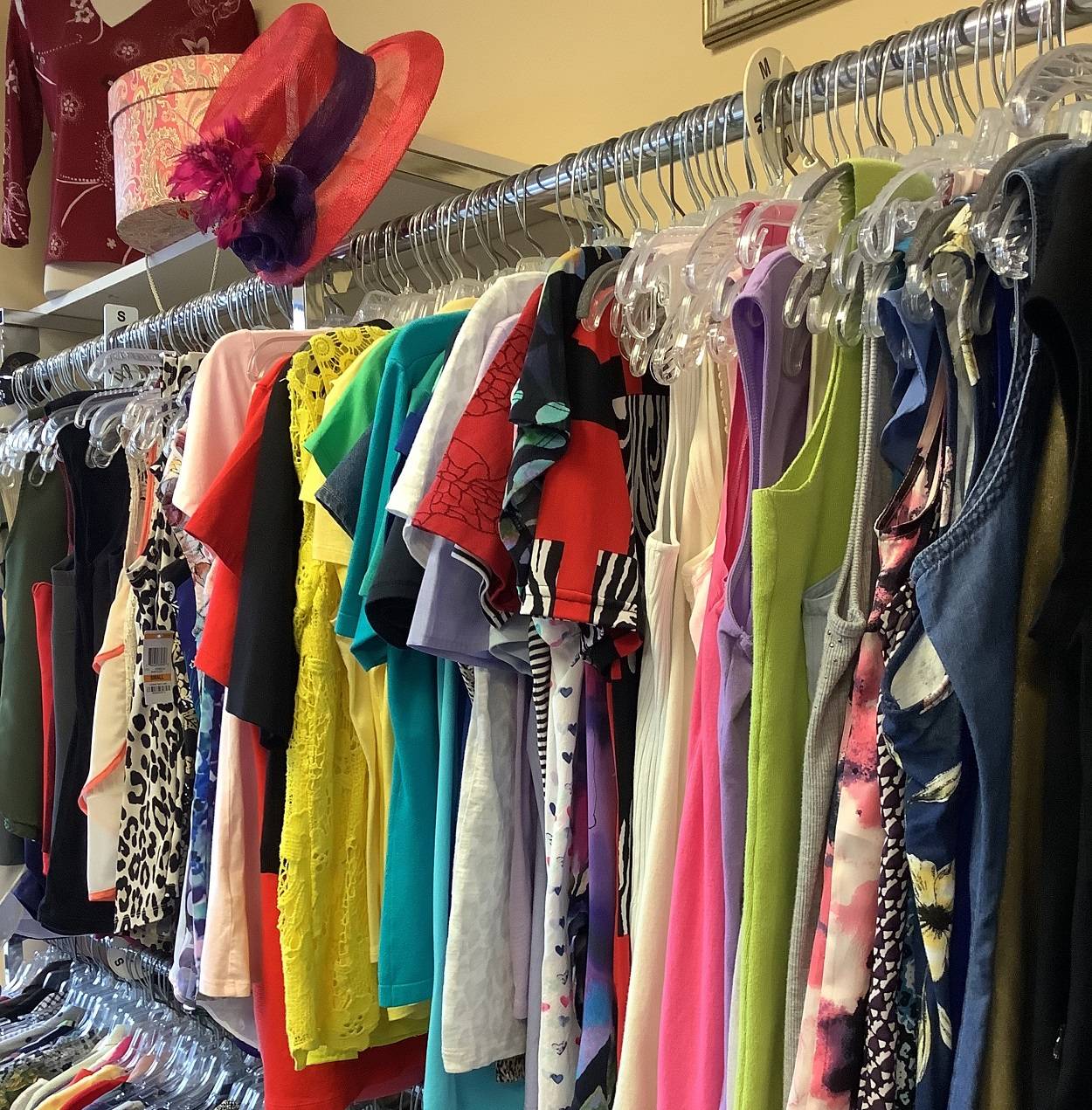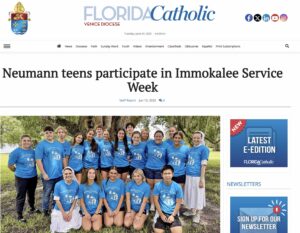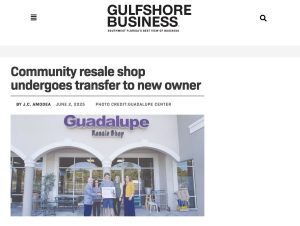Donation bins cause confusion, concern for nonprofits
 Recently, donation bins have been popping up in parking lots across Southwest Florida.
Recently, donation bins have been popping up in parking lots across Southwest Florida.
These unattended metal bins, which resemble oversized postal boxes, share two common elements: they often feature green colors to promote recycling and many incorporate the word “donate” so people think they’re helping a good cause.
In many cases, though, these donations bins are not directly supporting a charitable cause. In fact, some bins are providing inventory for businesses that resell those donations for a profit.
For example, for-profit textile recycling companies based in Tampa and Davie have donation bins in Southwest Florida to collect clothing and shoes. Meanwhile, a for-profit book retailer headquartered in Indiana also has a trio of local donation bins to collect used books, which are then resold online.
In each case, these businesses are upfront in noting they are for-profit entities that donate an undisclosed portion of their sales to charitable causes. Potential donors can donate goods directly to a nonprofit, though, and have 100% of proceeds support that cause.
Four Tips
As these parking lot donation bins become commonplace in Collier and Lee counties, it’s important to keep these four tips in mind:
- Consider local nonprofits: Dozens of reputable nonprofits and churches in Southwest Florida operate resale stores and thrift shops, including Guadalupe Center, St. Matthew’s House, Avow, Goodwill, Habitat for Humanity and others. They rely on quality donations to stock shelves, and every sale helps support the cause. Sales generated at Guadalupe Resale Shop, for instance, account for 9% of Guadalupe Center’s annual funding, money that supports life-changing educational programs for students in Immokalee.
- Research who is behind the donation bin: A little sleuthing and a quick Google search can reveal the organization that maintains a donation bin. In the cases above, each name listed comes back to a dot-com, a tell-tale sign that it’s a business venture. Donors essentially are providing these companies with inventory or raw materials.
- Don’t leave donations exposed to the elements: Resale shop volunteers and staff will help supporters unpack donations and provide a tax receipt during business hours. Do not leave donations unattended outside of a thrift store or donation bin. A box of moldy, waterlogged donations, including a winter coat, clothing and purse, was recently spotted on the ground near one of these bins, effectively rendering the donation worthless.
- Know what nonprofits want or don’t want: Secondhand shops want quality donations that fetch higher resale prices, but not every shop accepts electronics, office furniture, baby clothing or other items. Check their wish list prior to packing donation boxes.
It’s uncertain whether for-profits’ donation bins are having a noticeable impact on resale shops run by nonprofits. However, every book, dress or suit jacket that goes into one of these bins is a donation that does not have a chance to help local nonprofits fulfill their missions and enhance the lives of the community members they serve.
 – By Kat McNabb, Manager of Guadalupe Resale Shop
– By Kat McNabb, Manager of Guadalupe Resale Shop






